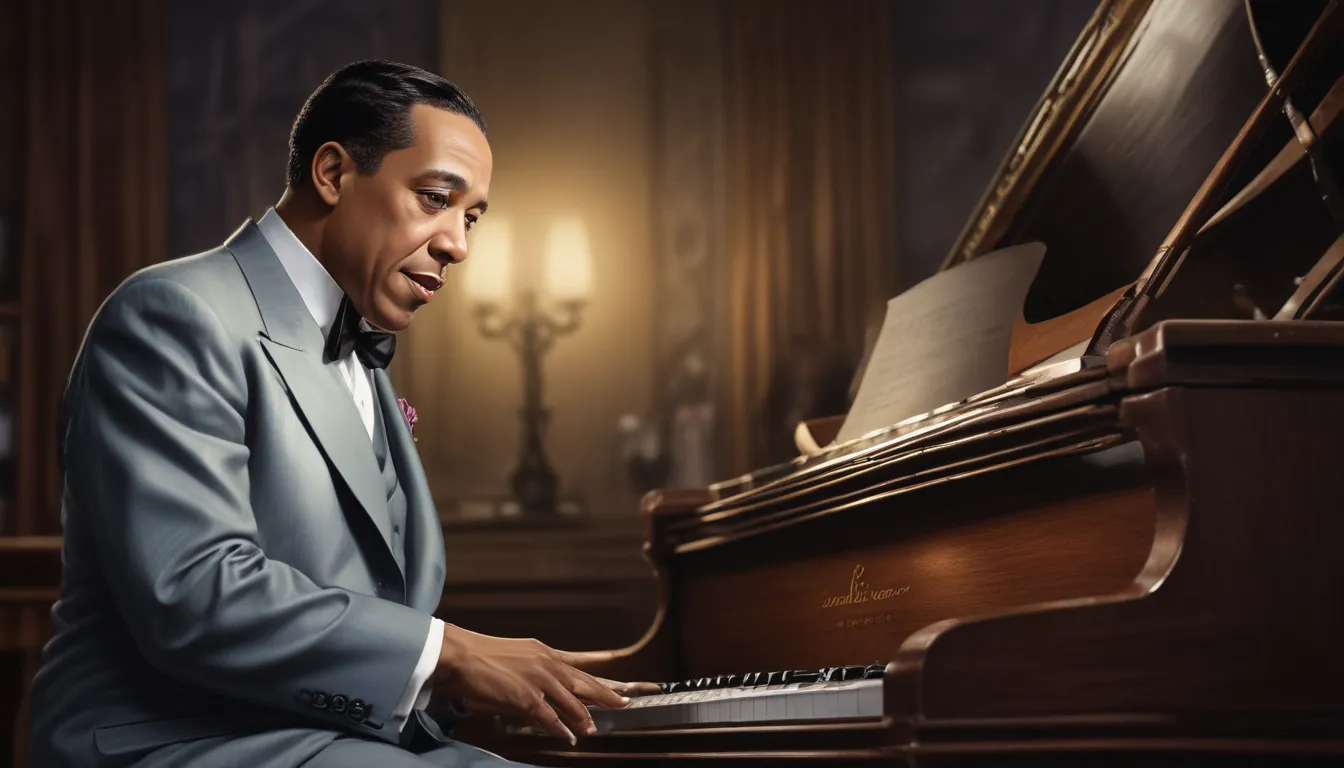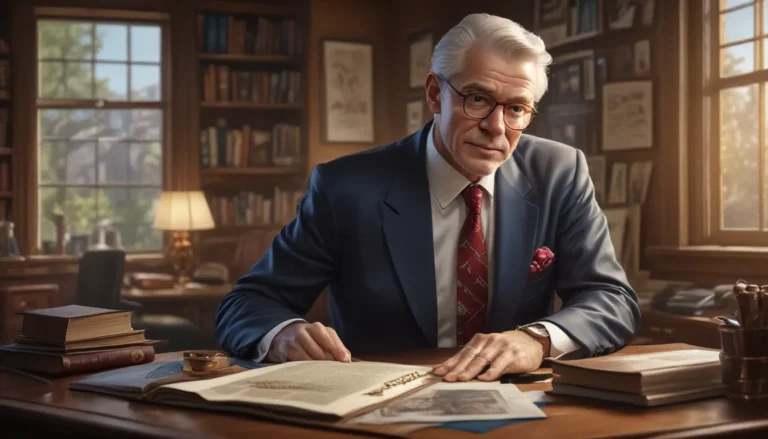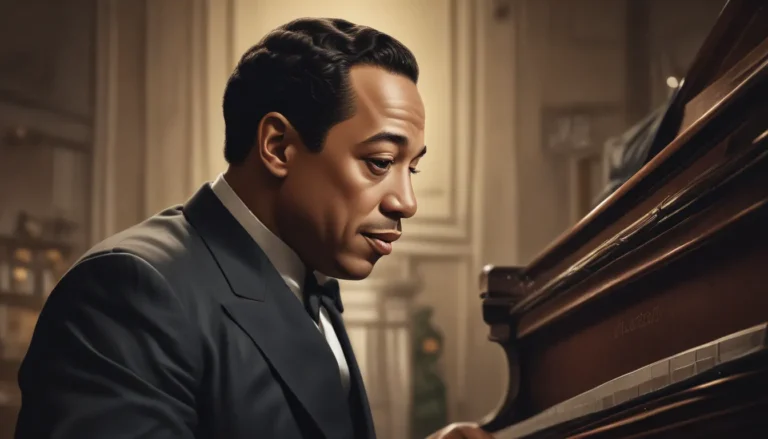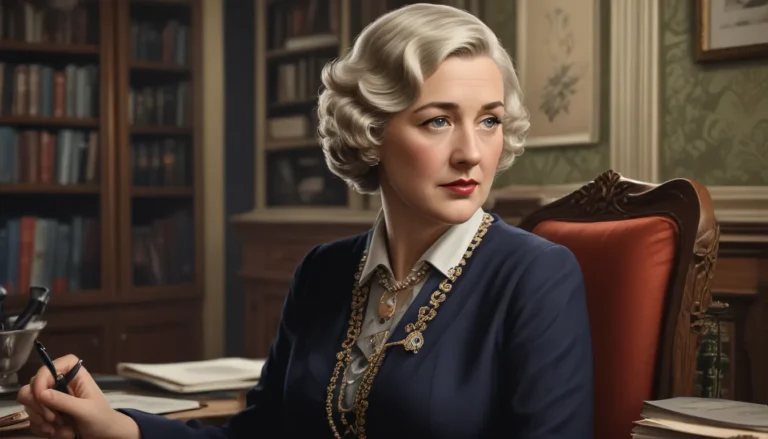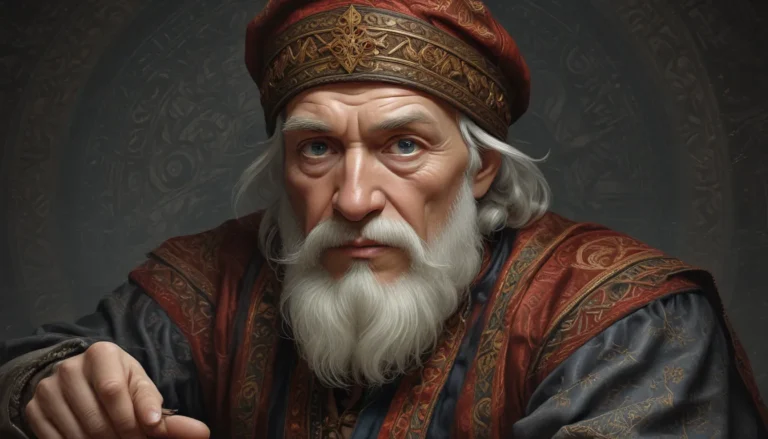The images in our articles may not match the content exactly. They are used to grab your attention, not to show the exact details in the text. The images complement the text but do not replace it.
Duke Ellington, born Edward Kennedy Ellington, was a legendary jazz musician and composer who left an indelible mark on the world of music. With a career spanning over five decades, Duke Ellington’s innovative and groundbreaking approach to jazz redefined the genre and earned him the title of one of the greatest jazz artists of all time. His unique style combined elements of swing, blues, and classical music to create a sophisticated and complex sound that captivated audiences worldwide.
In this article, we will delve into 18 fascinating facts about Duke Ellington. From his early influences and rise to fame to his iconic compositions and enduring legacy, we will shed light on the life and accomplishments of this musical genius. So, let’s take a journey through the life of Duke Ellington and discover the incredible story behind his remarkable career.
Key Takeaways:
- Duke Ellington was a jazz pioneer who won 13 Grammy Awards and composed over 1,000 works. His legacy continues to inspire musicians, and his impact on jazz and American culture is undeniable.
- Duke Ellington’s collaborations with renowned musicians, his iconic compositions like “Take the ‘A’ Train,” and his influence as a global ambassador of jazz solidify his status as a legendary figure in music history.
The Early Life and Musical Beginnings of Duke Ellington
Duke Ellington, born Edward Kennedy Ellington, entered the world on April 29, 1899, in Washington, D.C. Music was introduced to him at a young age, and he began playing the piano when he was just seven years old.
The Formation of “The Duke’s Serenaders”
In the 1920s, Duke Ellington formed his first band, known as “The Duke’s Serenaders.” This marked the beginning of his legendary career as a bandleader and composer.
The Legendary Cotton Club
Duke Ellington and his band became the house band at the famous Cotton Club in Harlem, New York. This residency at the popular nightclub elevated Ellington’s fame and allowed him to perform for diverse audiences.
Signature Tune – “Take the ‘A’ Train”
“Take the ‘A’ Train,” written by Billy Strayhorn, became one of Duke Ellington’s most famous compositions. This iconic tune became the signature of the Duke Ellington Orchestra and is still widely recognized today.
Duke Ellington’s Grammy Awards
Throughout his career, Duke Ellington received numerous Grammy Awards. His first Grammy came in 1959 for “Anatomy of a Murder,” and in total, he won an impressive 13 Grammys.
A Pioneer in Jazz Music
Duke Ellington was a pioneer in the world of jazz music. He experimented with various musical styles and incorporated elements of classical music into his compositions, revolutionizing the genre.
Collaboration with Billy Strayhorn
Billy Strayhorn, a talented composer and pianist, collaborated with Duke Ellington for many years. Together, they created some of the most iconic jazz compositions of all time.
The Famous Jazz Standard “Sophisticated Lady”
One of Duke Ellington’s most famous jazz standards is “Sophisticated Lady.” The haunting melody and rich harmonies of this composition continue to captivate audiences worldwide.
Contributions to Film and Television
Duke Ellington’s influence extended beyond the stage and recording studio. He composed music for numerous films and television shows, including “Anatomy of a Murder” and “Paris Blues.”
Honors and Recognitions
Throughout his career, Duke Ellington received numerous honors and recognitions. In 1969, he was awarded the Presidential Medal of Freedom, the highest civilian honor in the United States.
The Legacy of Duke Ellington
The Duke Ellington Museum was established in Washington, D.C., in honor of his contributions to music. The museum showcases his life, career, and the impact he had on the world of jazz.
A Global Ambassador of Jazz
Duke Ellington traveled the world with his orchestra, spreading the sounds of jazz beyond American borders. He was hailed as a cultural ambassador, introducing jazz to audiences worldwide.
Notable Collaborations
Duke Ellington collaborated with numerous renowned musicians, including Ella Fitzgerald, Louis Armstrong, and John Coltrane, further solidifying his reputation as a musical icon.
An Esteemed Composer
Throughout his lifetime, Duke Ellington composed over 1,000 works. His compositions ranged from energetic and upbeat pieces to soulful and melancholic ballads.
Jazz at Carnegie Hall
In 1943, Duke Ellington and his orchestra performed at Carnegie Hall, one of the most prestigious concert venues in the world. This performance is considered a milestone in jazz history.
The Duke Ellington Orchestra
Duke Ellington’s orchestra featured some of the finest musicians of the time, including Johnny Hodges, Cootie Williams, and Harry Carney. Their collective talent and creativity contributed to the distinct sound of the band.
The Duke Ellington School of the Arts
The Duke Ellington School of the Arts, located in Washington, D.C., was named in honor of Duke Ellington. The school provides training in various artistic disciplines, ensuring that his legacy lives on.
Conclusion
In conclusion, Duke Ellington remains a legendary figure in the world of jazz music. His contributions to the genre are unparalleled, and his influence can still be felt today. From his innovative compositions to his exceptional skills as a pianist and band leader, Ellington revolutionized jazz and created a lasting impact on the music industry.
Duke Ellington’s legacy as a musical pioneer and cultural icon will continue to inspire future generations of musicians and music lovers alike. His iconic compositions have become jazz standards and are performed by musicians worldwide. Not only was Ellington a musical genius, but he was also a trailblazer for African American musicians during a time of racial segregation in America, using his platform to break down barriers and promote equality in the music industry.
FAQs About Duke Ellington
Q: Where was Duke Ellington born?
A: Duke Ellington was born on April 29, 1899, in Washington, D.C., United States.
Q: What was Duke Ellington’s real name?
A: Duke Ellington’s birth name was Edward Kennedy Ellington.
Q: Did Duke Ellington learn how to play the piano?
A: Yes, Duke Ellington taught himself to play the piano at a young age and became a skilled pianist.
Q: How many Grammy Awards did Duke Ellington win?
A: Duke Ellington won a total of 12 Grammy Awards throughout his career.
Q: What are some of Duke Ellington’s most famous compositions?
A: Some of Duke Ellington’s renowned compositions include “Take the A Train,” “Mood Indigo,” “It Don’t Mean a Thing (If It Ain’t Got That Swing),” and “Sophisticated Lady,” among many others.
Q: Did Duke Ellington collaborate with other musicians?
A: Yes, Duke Ellington collaborated with various musicians, including Billy Strayhorn, who became his long-time collaborator and arranger.
Q: Was Duke Ellington involved in civil rights activism?
A: Yes, Duke Ellington used his fame and influence to support civil rights causes and advocate for racial equality.
Were These Facts Helpful?
Our commitment to delivering trustworthy and engaging content is at the heart of what we do. Each fact on our site is contributed by real users like you, bringing a wealth of diverse insights and information. Trust in our commitment to quality and authenticity as you explore and learn with us.
